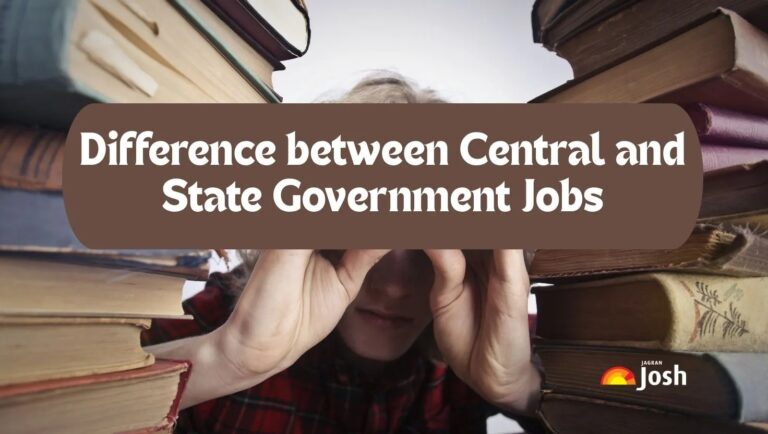
Government Acknowledges Pensioners’ LTC Demand
The long-standing demand for Leave Travel Allowance (LTC) benefits among retired central government employees has finally received official attention. For years, pensioners have faced the challenge of bearing travel costs post-retirement, as the LTC facility—designed for active employees—ends upon leaving service. This issue gained renewed focus when the Defense Accounts Pensioners Welfare Association (DAPWA) formally petitioned the Ministry of Finance in January 2025, urging the government to extend LTC privileges to retirees. The Department of Personnel and Training (DoPT) responded by acknowledging the proposal, stating that the suggestion has been recorded and will be addressed at an appropriate time. While the response does not constitute a direct approval, it signals the government’s intent to evaluate the proposal seriously, offering a glimmer of hope to millions of retired employees who rely on travel for family reunions and emotional well-being.
Understanding LTC: A Vital Travel Benefit
Leave Travel Allowance is a critical perk for central government employees, allowing them to travel twice every four years—once to their hometown and once to any location within India. The government covers the cost of rail or air travel, ensuring that employees can maintain personal connections without financial strain. However, this benefit ceases upon retirement, leaving pensioners to shoulder travel expenses independently. Advocacy groups argue that travel is not merely a luxury but a necessity for retirees, helping them stay connected with family and maintain mental well-being. Satpal Singh, a key figure in the DAPWA, emphasized that such trips are vital for social bonding and emotional health, reinforcing the need for a structured policy to support retirees’ mobility.
Government’s Ambiguous Response Sparks Hope
The DoPT’s reply, delivered by Under Secretary Lalit Kumar, highlights the government’s cautious approach. While it does not commit to immediate action, the use of phrases like ‘recorded’ and ‘action at the appropriate time’ suggests that the proposal is under review. This ambiguity has sparked mixed reactions among pensioners, with many interpreting it as a positive step toward reform. The government’s reluctance to outright deny the request indicates a recognition of the issue’s significance, particularly given the aging population and the growing number of retirees. However, critics argue that a more definitive stance would provide clarity and reassurance to those awaiting potential changes in policy.
Potential Reforms and Implementation Challenges
If implemented, resuming LTC for pensioners could involve phased approaches to balance fiscal responsibility with employee welfare. The government may introduce limited benefits, such as restricted travel classes (e.g., economy air travel or second AC rail) to minimize financial burden. Special provisions for senior pensioners, like discounted fares or enhanced facilities, could also be considered. However, the challenge lies in aligning these measures with existing budgetary constraints while ensuring equitable access. The success of such reforms would depend on the government’s ability to navigate bureaucratic processes and prioritize the needs of retirees without compromising fiscal discipline.
Future Outlook and Stakeholder Implications
As the government deliberates, stakeholders—including pensioners’ associations, ministries, and financial bodies—will closely monitor developments. The outcome could set a precedent for similar benefits in other sectors, potentially influencing broader social welfare policies. While uncertainties remain, the DoPT’s acknowledgment marks a critical first step. A decision on LTC for retirees may not only address immediate concerns but also reflect the government’s commitment to recognizing the value of service beyond active employment. For now, the focus remains on balancing administrative feasibility with the humanitarian need to support retired citizens in maintaining their quality of life.



